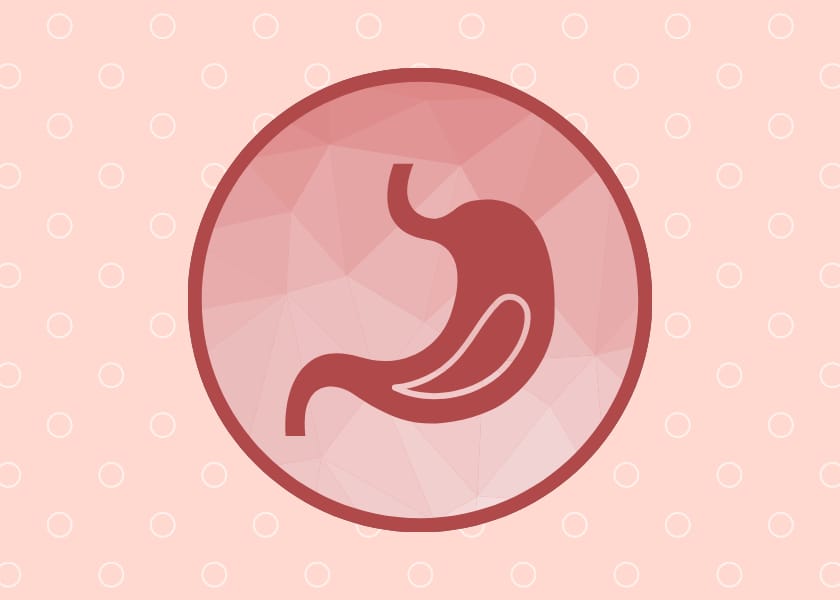Unveiling the Unseen: Discover 5 Surprising Health Culprits Unearthed by UGI Endoscopy – Prepare to be Astonished!
Table of Contents
- Gastroesophageal Reflux Disease (GERD)
- Barrett’s Esophagus
- Peptic Ulcers
- Gastric Cancer
- Esophageal Strictures
- Conclusion
This minimally invasive test has the power to detect and treat various health ailments, ultimately saving lives and improving overall well-being. In this article, we will delve into five pivotal health conditions that UGI endoscopy can effectively detect, giving you a clearer understanding of the potential risks and available treatments.
Gastroesophageal Reflux Disease (GERD)
Let’s start with GERD, a common ailment affecting millions of individuals around the world. Have you ever experienced that uncomfortable burning sensation in your chest known as heartburn? This is one of the primary symptoms of GERD. Other signs include regurgitation, wheezing, chronic cough, and difficulty swallowing.
Various factors can contribute to the development of GERD, including obesity, smoking, and certain medications. Fortunately, UGI endoscopy can be instrumental in diagnosing GERD accurately. By inserting a flexible tube equipped with a light and camera down your throat, doctors are able to visualize any inflammation or damage to the esophagus caused by excessive stomach acid. This allows for prompt treatment initiation and potentially avoiding complications such as Barrett’s Esophagus.
The treatment of GERD often involves medications, such as proton pump inhibitors, to reduce stomach acid production. Additionally, lifestyle modifications like maintaining a healthy weight, avoiding trigger foods, and elevating the head of your bed during sleep can help manage GERD symptoms effectively.
Gastroesophageal Reflux Disease (GERD)
GERD can lead to a condition called Barrett’s Esophagus, where the lining of the esophagus undergoes changes due to long-term exposure to stomach acid. This condition is a significant concern as it increases the risk of developing esophageal cancer.
It’s important to understand the link between GERD and Barrett’s Esophagus to ensure timely detection and intervention. Individuals with chronic heartburn, particularly those over the age of 50, are at a higher risk. Screening recommendations suggest that individuals with multiple risk factors should undergo regular UGI endoscopy to check for Barrett’s Esophagus.
UGI endoscopy plays a crucial role in detecting and diagnosing Barrett’s Esophagus. Through this procedure, doctors can evaluate the esophageal lining for any abnormal cell growth or precancerous changes. Early detection allows for appropriate monitoring and interventions to prevent the progression into esophageal cancer.
Barrett’s Esophagus
Peptic ulcers are another health ailment that UGI endoscopy can effectively identify. These painful sores can develop in your stomach or the upper portion of your small intestine, often due to a bacterial infection (Helicobacter pylori) or excessive use of nonsteroidal anti-inflammatory drugs (NSAIDs).
The symptoms of peptic ulcers can range from mild discomfort to severe pain. In some cases, they may even lead to life-threatening complications like internal bleeding or perforation. Early detection is crucial to prevent these complications and reduce the risk of further damage.
Through the use of UGI endoscopy, doctors can directly visualize the presence of peptic ulcers. This allows for accurate diagnosis and helps determine the most appropriate treatment plan. Treatment may involve antibiotics to eradicate an underlying bacterial infection, medications to reduce stomach acid production, and lifestyle modifications to promote healing and prevent ulcer recurrence.
Peptic Ulcers
Gastric cancer, also known as stomach cancer, is a significant health concern around the world. It’s essential to detect this condition as early as possible, as it often presents with vague symptoms and tends to progress rapidly.
Recognizing the early signs of gastric cancer, such as unexplained weight loss, persistent abdominal pain, difficulty swallowing, and fatigue, can be challenging. Thankfully, UGI endoscopy offers a valuable tool for early detection.
During UGI endoscopy, doctors can visually inspect the stomach lining for any suspicious lesions or abnormalities. Biopsies can be taken during the procedure to confirm the presence of cancerous cells. Early diagnosis of gastric cancer through UGI endoscopy allows for timely treatment initiation, maximizing the chances of successful outcomes. Treatment options may include surgery, chemotherapy, radiation therapy, or a combination thereof, depending on the stage and extent of the cancer.
Gastric Cancer
Esophageal strictures refer to the narrowing of the esophagus, making it difficult for food and liquids to pass through. This can cause swallowing difficulties, chest pain, and recurrent acid reflux. Strictures can develop due to various factors, including chronic GERD, repeated injury to the esophagus, or certain medical conditions.
To diagnose esophageal strictures, UGI endoscopy plays a pivotal role. By visually examining the esophageal lining, doctors can assess the severity of strictures and determine the most appropriate treatment. Treatment options may include medications to reduce inflammation and promote healing, stretching or dilation of the esophagus, or in severe cases, surgical intervention.
Conclusion
In conclusion, UGI endoscopy is a remarkable medical procedure that enables early detection and diagnosis of a range of health ailments. From GERD to esophageal strictures, this minimally invasive test provides valuable insights and paves the way for timely interventions, potentially saving lives and improving overall well-being.
If you have been experiencing persistent gastrointestinal symptoms or have specific risk factors, it may be time to consult Gastronaut Clinic to determine if UGI endoscopy is appropriate for you. Remember, your health is your utmost priority, and early detection through UGI endoscopy can make a profound difference in your well-being.
Contact us for Best Gastronaut Clinic in Mumbai


